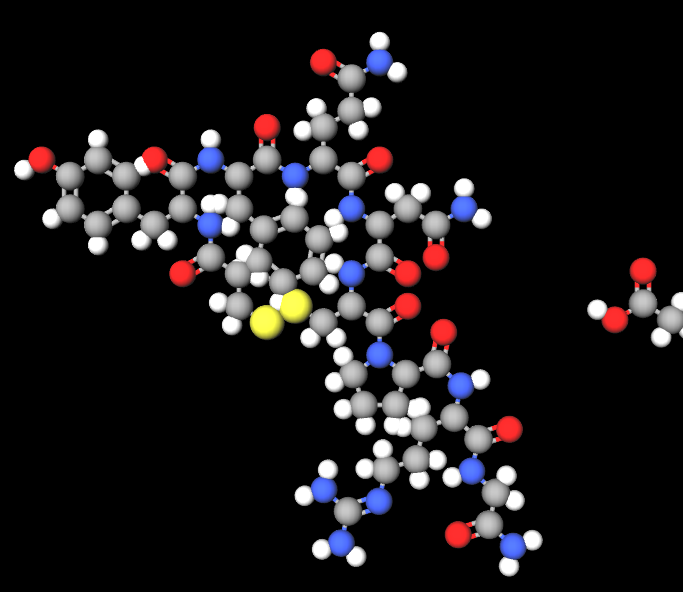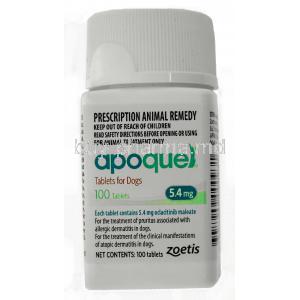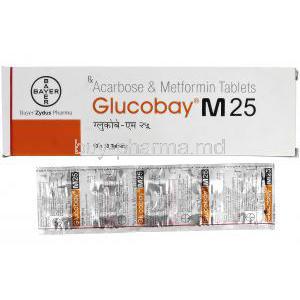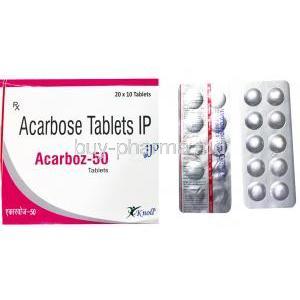Minirin Nasal Spray
- 1. Introduction to Minirin Nasal Spray
- 2. Composition of Minirin Nasal Spray
- 3. How Minirin Works: Understanding the Mechanism
- 4. Comprehensive Uses of Minirin Nasal Spray
- 5. Dosage and Administration Guidelines
- 6. Side Effects: What to Expect
- 7. Interactions with Other Medications
- 8. Storage Instructions for Minirin Nasal Spray
- 9. Warnings and Contraindications
- 10. Precautions for Special Populations
- 11. Managing Overdosage
- 12. Handling Precautions
1. Introduction to Minirin Nasal Spray
Overview of Minirin Nasal Spray
Minirin Nasal Spray is a man-made version of a hormone called vasopressin, which occurs naturally in the body. It is mainly used to help with kidney conditions that make it hard to concentrate urine, like diabetes insipidus. This nasal spray is made to put the medication into your bloodstream through your nose, which makes it easy and straightforward to use.
Importance of Proper Nasal Spray Usage
Knowing the way to administer Minirin Nasal Spray through the nose is essential, for its effectiveness. Using it correctly helps the body absorb the medication well, which can help control symptoms. This also reduces the chances of experiencing side effects. Improves the overall treatment results.
2. Composition of Minirin Nasal Spray
Active Ingredients and Their Roles
The main component in Minirin Nasal Spray is desmopressin acetate. This powerful substance works on the collecting ducts to improve water reabsorption, which decreases urine volume and increases urine osmolality.

Excipients and Their Functions
The ingredients in Minirin Nasal Spray, such as stabilizers and preservatives, are crucial for preserving the product's effectiveness and safety. These components help ensure that the nasal spray remains potent and suitable for use over time.
3. How Minirin Works: Understanding the Mechanism
Pharmacodynamics of Desmopressin
Desmopressin acts like vasopressin by attaching to V2 receptors in the kidney tubules. This attachment sets off a series of processes that result in water channels being added to the tubular space making it easier for water to be reabsorbed.
How Desmopressin Affects the Body
Desmopressin not only helps reduce urine production but also has a limited impact on blood pressure, making it a suitable option for managing conditions that need precise fluid control without causing big changes in blood pressure levels.
4. Comprehensive Uses of Minirin Nasal Spray
Primary Indications for Minirin
-
Primary Indications for Minirin:
- Central Diabetes Insipidus: Minirin is indicated as antidiuretic replacement therapy in the management of central cranial diabetes insipidus 1.
- Bedwetting (Primary Nocturnal Enuresis): Minirin is used in patients from 6 years of age with normal ability to concentrate urine who are refractory to an enuresis alarm or in whom an enuresis alarm is contraindicated or inappropriate 2.
-
Off-Label Uses Explored:
- Nocturia: Minirin has been investigated for managing nocturia due to nocturnal polyuria in adults who awaken at least 2 times per night to void 1. The preservative-free nasal spray (Noctiva) is used for this purpose.
- Hemophilia A: Minirin is indicated for patients with hemophilia A with factor VIII coagulant activity levels greater than 5% 1.
- Von Willebrand Disease (Type 1): Minirin is used in patients with mild to moderate classic von Willebrand disease (Type I) with Factor VIII levels >5% 1.
5. Dosage and Administration Guidelines
Recommended Dosage for Different Conditions
The amount of medication needed can differ depending on the condition being addressed. Usually, one spray in a nostril is used, and the dose can be potentially increased per day based on how serious the condition is and how well the individual responds.
Step-by-Step Guide to Administering Nasal Spray
- Ensure your nasal passages are free.
- Gently shake the bottle.
- Place the nozzle into one nostril, close the other, and spray gently while breathing in.
- After use replace the cap on the nozzle.

6. Side Effects: What to Expect
Overview of Potential Side Effects
Although most people can handle it fine, a few users might feel a nose, a headache, or queasiness.
Common Versus Serious Side Effects
Mild and temporary side effects are usual. Immediate medical help is needed for severe allergic reactions.
7. Interactions with Other Medications
Common Drug Interactions
Some medicines like NSAIDs or drugs for blood pressure may have interactions with desmopressin, which could cause unwanted outcomes.
How to Manage Potential Interactions
Working closely with a healthcare professional and tracking how treatments are working can help reduce the chances of experiencing major interactions.
8. Storage Instructions for Minirin Nasal Spray
Ideal Storage Conditions
Remember to keep the product in a dry place at room temperature and away from direct sunlight to ensure it stays effective.
Shelf Life and Disposal Practices
Following the guidelines for getting rid of medications in your area, make sure to either use up or throw away the Minirin Nasal Spray within three weeks of opening.
9. Warnings and Contraindications
Specific Patient Groups at Risk
Some people may face risks with Minirin Nasal Spray, such as those dealing with severe kidney problems, high blood pressure that is not under control, and low sodium levels. They should steer clear of this medication to prevent any worsening of their health issues.
Conditions that Contraindicate the Use of Minirin
Patients should avoid using Minirin if they have an allergy to desmopressin or any of the ingredients in the nasal spray, cardiovascular conditions where retaining fluids can be harmful, or a diagnosis of syndrome of inappropriate antidiuretic hormone secretion (SIADH).
10. Precautions for Special Populations
Administration to Elderly: Adjustments and Considerations
As individuals age, it may be necessary to adjust the dosage of Minirin for patients to account for potential changes in renal function. It is important to monitor sodium levels to prevent hyponatremia, a rare yet serious complication that can occur in older adults receiving desmopressin therapy.

Use in Pregnant Women and Nursing Mothers: Safety Profile
Minirin should only be taken during pregnancy if the advantages outweigh the risks to the baby. It is important to be cautious when giving desmopressin to breastfeeding mothers because it can pass into breast milk.
Guidelines for Administering to Children: Age-Specific Advice
When treating children for nighttime bedwetting, it's important to adjust the dosage based on the child's weight and how they respond to the treatment. Parents need to ensure their child doesn't drink much water after taking the medication to avoid retaining water.
11. Managing Overdosage
Symptoms of Overdose
- Signs of taking much desmopressin can manifest as headaches, disorientation or feeling drowsy because of low sodium levels.
- In some situations, it could result in seizures or unconsciousness.
Immediate Actions and Treatment Options
In case of an overdose, it is crucial to seek medical attention.
- The treatment involves stopping the use of desmopressin
- addressing any imbalances, especially related to sodium levels, and
- providing supportive care based on the observed symptoms.
12. Handling Precautions
Best Practices for Handling and Preparing Nasal Spray
To ensure that Minirin Nasal Spray remains effective and safe, make sure to follow these guidelines:
- Always inspect the nasal spray pump for any damage before using it.
- Keep your hands clean to avoid contamination.
Avoiding Contamination and Misuse
It's important to avoid contamination of the nasal spray by using and storing it correctly. Remember to put the cap on after each use and keep the spray in an excellent dry spot away from sunlight. Teaching patients how to use nasal sprays can reduce misuse and improve their effectiveness, in treatment.














